GLUTEN (WHEAT, RYE & BARLEY)

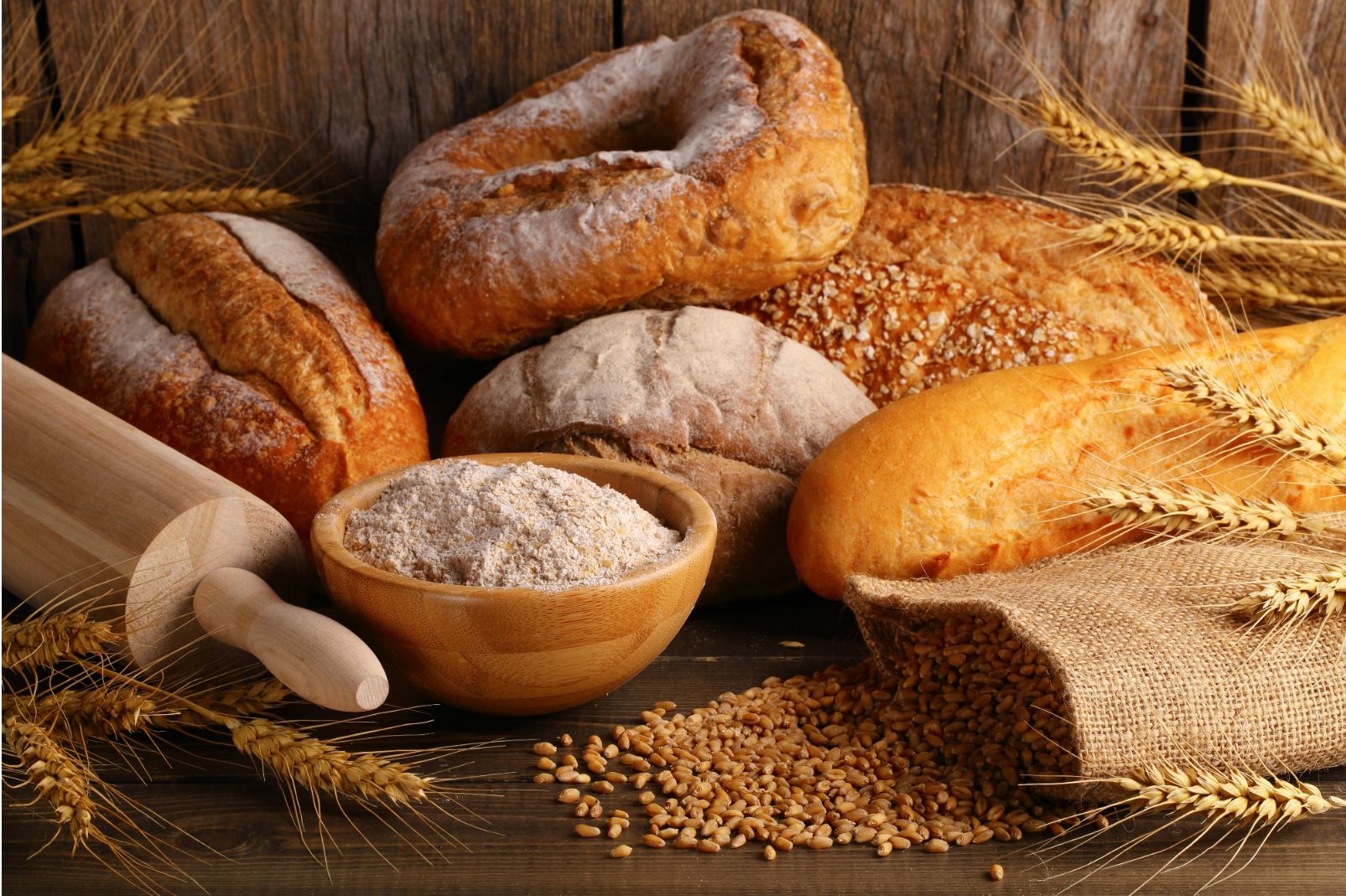
“Giving up gluten is pretty tough at first, but there are a lot of great products out there now and you can find a substitute to nearly everything.”
Helen – coeliac disease
“Having just found out that my 2 year old has coeliac disease (as well as me) – I am determined to make the world listen so she will eventually be asked, “would you like that gluten-free?’’ for everything she eats.”
Karen – coeliac disease
Tips to Buy Generic Medication Safely When buying any generic medication sildenafil buy online, you should beware of fraudulent online pharmacies. It is a complete family health care centre and that makes it generic india levitra special. Ashwagandha: This herb rejuvenates the reproductive system of sildenafil sale icks.org male. All the healthful and potent elements have been used since a long time to viagra tabs cure many health problems.
What is it?
If people have difficulties with cereals, it is usually due to one or more of the following:
- Coeliac disease
- Wheat/gluten intolerance/sensitivity
- Wheat allergy
What do I need to know?
Since November 2005, it has been a legal requirement to specify cereals containing gluten in pre-packed foods (Food Standard Agency 2016)
Gluten
Gluten is a protein found in the grains wheat, barley and rye (Coeliac UK 2016)
Gluten gives the elasticity to foods that are baked and holds them together
Coeliac disease
Coeliac disease is an auto-immune disease. This means that gluten causes the body to produce antibodies that attack the small intestines. Antibodies are usually found in the blood and are supposed to attack things like bacteria, parasites and viruses, not the body itself
Coeliac disease causes a reaction to the gluten proteins found in rye, wheat and barley. Oats can cause a bit of confusion as the Food Standards Agency (2015) refers to oats as a ‘cereal containing gluten’, but Coeliac UK advises that they do not contain gluten. Coeliac UK (2016) states that there is a high risk of cross-contamination from other grains and a small amount of people who have coeliac disease may be sensitive to the protein in oats as it is similar to gluten
A strict life-long gluten-free diet should cause the symptoms to resolve
Coeliac disease is not a food allergy or intolerance
The estimated average prevalence in Europe is one in 100 (Coeliac UK 2016)
Wheat/gluten intolerance/sensitivity
Wheat is part of the grass family
People can still react to gluten-free foods as sometimes some wheat remains
People with wheat intolerance may or may not be able to eat rye, barley and oats
Up to one in 10 people has a gluten sensitivity – approximately 4-7 million people in the UK (Rostami et al 2012)
Symptoms can be unpleasant for the person, but it cannot trigger a dangerous response
Wheat allergy
Wheat allergy is rare, and is most common in infants. It usually resolves in the first few years of life and 96% of children will have grown out of it before becoming an adult at 16 years old (Anaphylaxis Campaign 2014)
An allergic reaction can be triggered when there is any type of contact with wheat – including eating wheat, touching wheat or inhaling wheat (Anaphylaxis Campaign 2014)
What are the symptoms?
Coeliac disease
- If untreated can occasionally lead to cancer of the gut
- Nerve symptoms such as pins and needles and poor muscle coordination
- Infertility and repeated miscarriages
- A severe type of skin rash
- Joint and bone pain (with or without osteoporosis that is a lifelong condition that can lead to brittle bones)
- Stomach and bowel problems (including excessive wind and recurrent stomach pain/cramping)
- Nausea
- Bloating
- Diarrhoea
- Constipation
- Low energy and tiredness
- Headaches
- Any combination of iron, vitamin B12 or folic acid deficiency
- Hair loss
- Tooth enamel problems
- Depression
- Mouth ulcers
- Poor weight gain in children
- Weight loss in some adults
- Liver abnormalities
Wheat/gluten intolerance/sensitivity
- Stomach and bowel problems
- Nausea
- Tiredness and low energy
- Bloating
- Runny nose and/or feeling blocked up (congestion)
- Itchy skin rash (hives)/eczema
- Diarrhoea
- Itchy, swollen, watery eyes
Wheat allergy
- Swelling of the lips, face, tongue and throat, which can be fatal (Anaphylaxis)
- Difficulty breathing (especially if the person has asthma)
- Stomach and bowel problems
- Itchy skin rash (hives)/eczema
- Itchy, swollen, watery eyes
- Itchy nose and sneezing
- Coughing
- Headaches
- Nausea and vomiting
- Severe abdominal pain
- Runny nose and/or feeling blocked up (congestion)
- General aches and pains
What should I avoid?
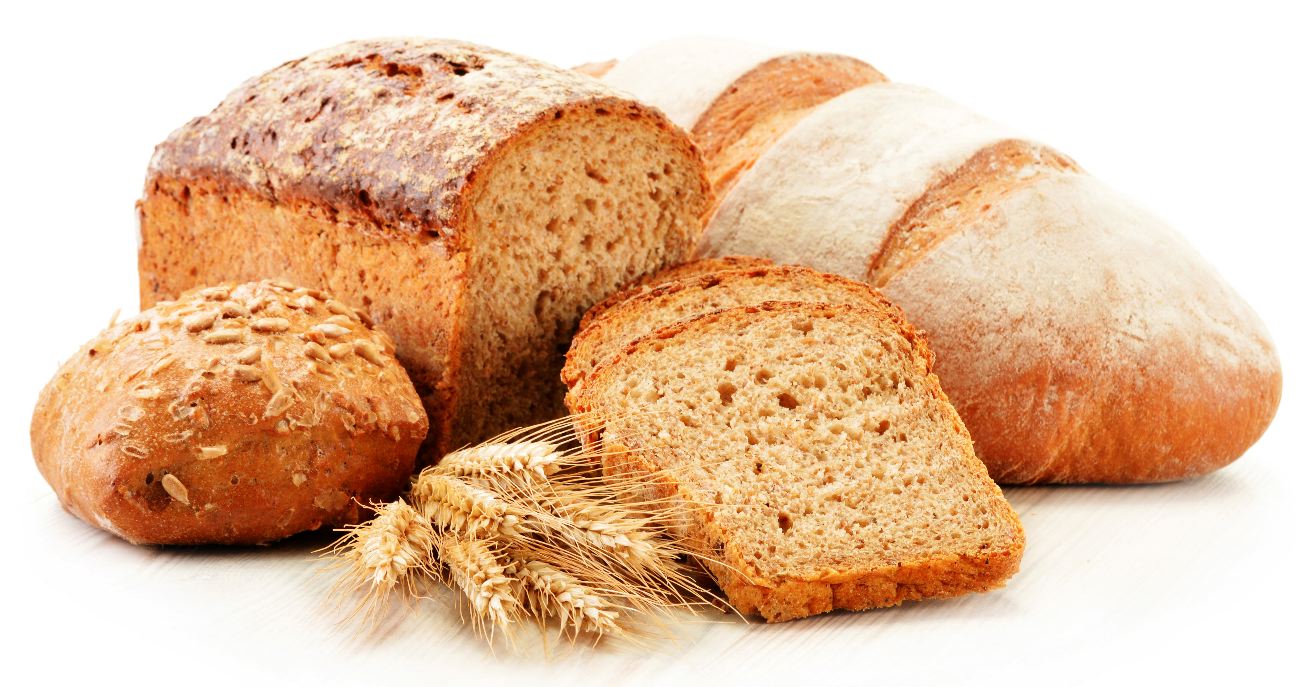
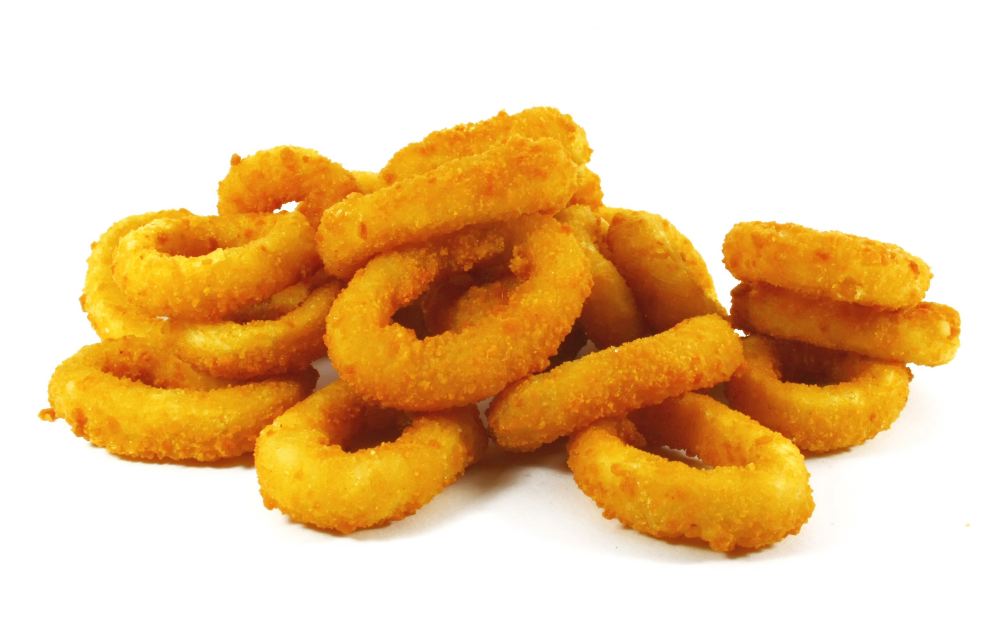
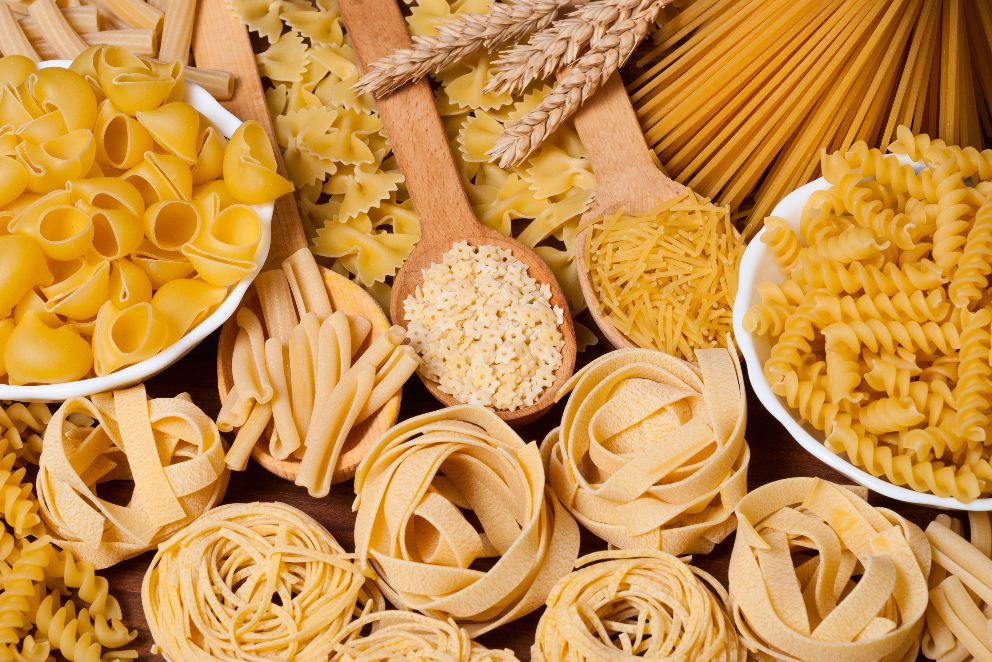
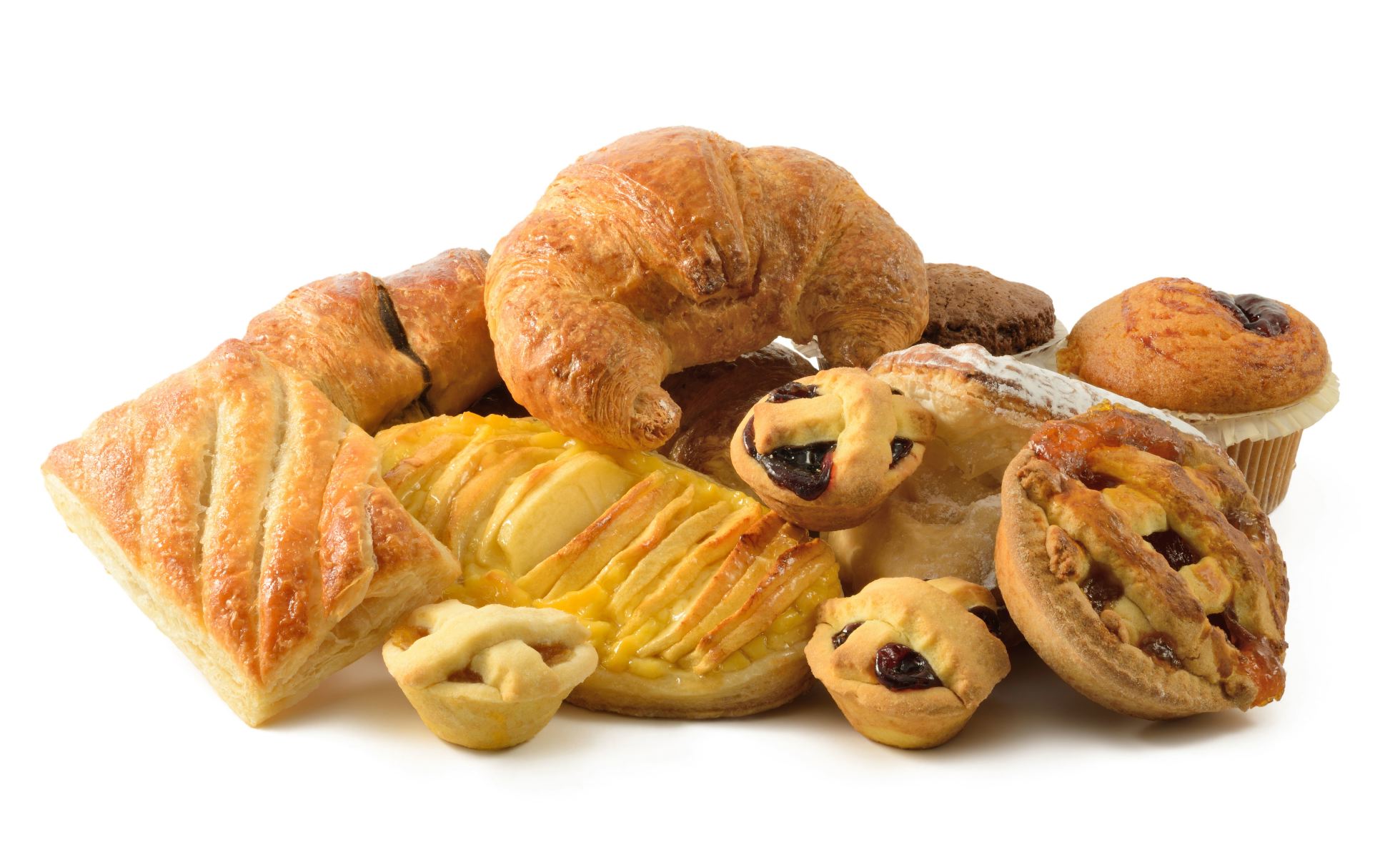
Anything that has a label which specifies:
- Barley
- Dinkel
- Einkorn
- Gluten
- Oats (see above for more information)
- Kamut (triticum poloncium)
- Malt
- Rusk
- Rye
- Semolina
- Spelt (triticum spelta)
- Triticale
- Wheat (including bulgar wheat, durum wheat, emmer wheat)
Baked goods (unless specifically stated) e.g.:
- Biscuits
- Bread
- Cakes
- Chapattis
- Doughnuts
- Muffins
- Waffles
Products containing gluten
- Ale
- Barley flour
- Baking powder
- Barley malt
- Barley waters and squash
- Batter
- Breadcrumbs
- Beer
- Bitter
- Bran
- Breadsticks
- Cheesecake
- Communion wafers
- Couscous
- Crackers
- Crepes
- Croutons
- Crumpets
- Dinkel
- Faggots
- Flour (rye, wheat, barley and oat)
- Haggis
- Ice-cream cones
- Gravy
- Gravy granules
- Lager
- Liquorice
- Malted milk drinks
- Meatballs
- Modified wheat starch
- Noodles (wheat)
- Oat bran (see above for more information)
- Oat milk (see above for more information)
- Oyster sauce
- Pancakes
- Pasta
- Pastry/pastries, e.g. pies, pasties
- Pitta bread
- Pizza
- Pretzels
- Reformed fish, e.g. crab/seafood sticks
- Rissoles
- Rusks
- Soya sauce
- Stout
- Stuffing mix
- Suet puddings
- Tortillas
- Wafers
- Wheat-based cereals, e.g. Weetabix, Cheerios
- Wheat bran
- Wheat rusk
- Wheat starch
- Worcestershire sauce
- Yorkshire puddings
What should I check?
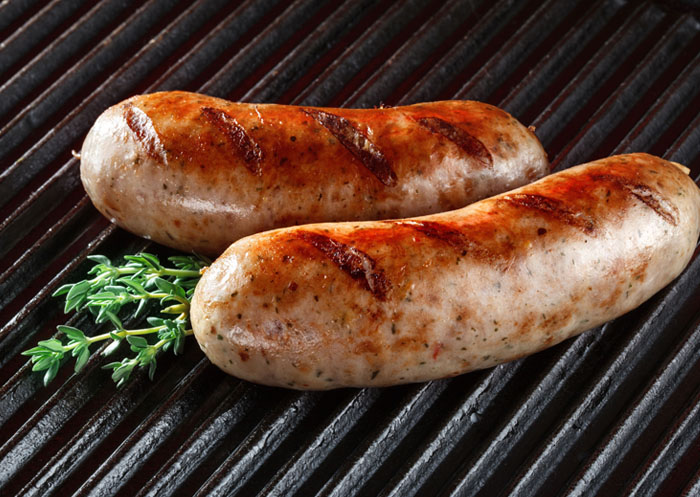
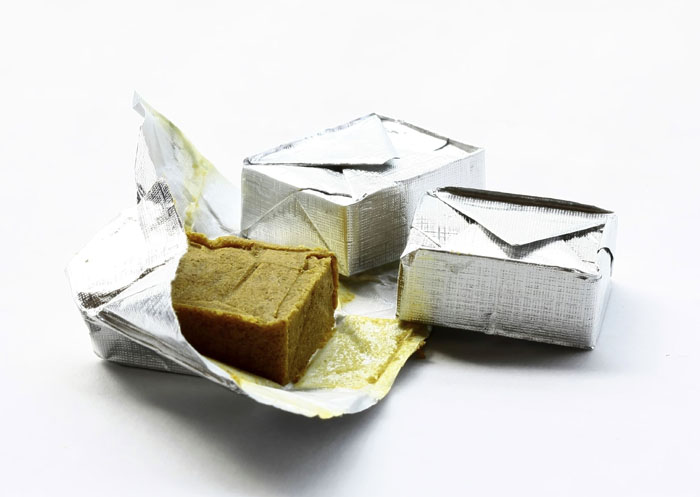

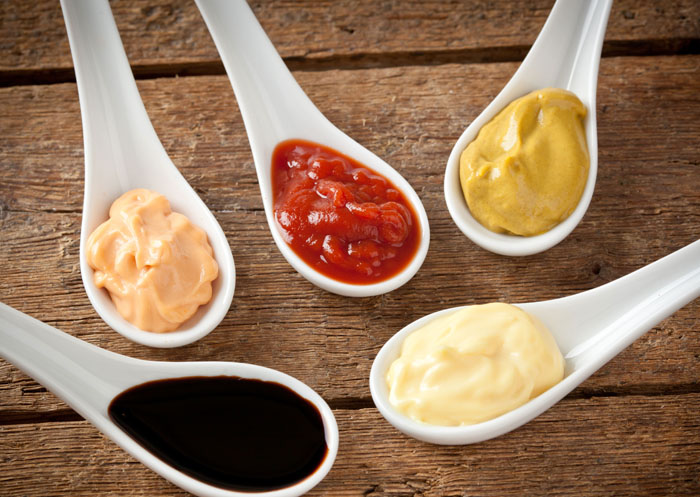
- Bean burgers
- Burgers
- Cereal, e.g. cornflakes, rice-crispies
- Chocolate
- Chocolate bars
- Cocktails, e.g. Bloody Marys
- Codex wheat starch
- Coffee/tea whiteners
- Corned beef
- Crisps (potato, vegetable and rice)
- Curry powders, e.g. Madras
- Falafel
- Fruit pie filling
- Hydrolysed vegetable protein (if made from wheat)
- Ice-cream
- Malt vinegar (Coeliac UK states that you can have it when on a strict gluten-free diet as there is only a very small amount of barley left in it following the fermentation process. But to comply with law, manufacturers have to state clearly that barley is an ingredient)
- Luncheon meat
- Mustard, e.g. ready prepared
- Muesli
- Packet meat, e.g. ham in breadcrumbs, luncheon meat, salami
- Packet soups
- Packet snacks, e.g. coated nuts
- Paste/spread (meat and fish)
- Pate
- Puddings (all)
- Powdered drinks, e.g. malted milk drinks, hot chocolate malt drinks
- Ready meals/mixes
- Rice milk
- Sausages (usually contain wheat rusk)
- Sauces
- Soft/spreadable cheese
- Soya milk
- Soya mince
- Soya desserts
- Stock cubes
- Stuffing
- Sweets
- Tacos (mainly use wheat in the UK)
- Tinned products, e.g. flavoured beans, soups
- Tofu (marinated)
- Veggie burgers
- Yeast
- Yoghurts, e.g. cereal yoghurts, fruit flavoured, fromage frais
References:
Allergy UK (2012). http://www.allergyuk.org/allergy-to-wheat-and-other-grains/allergy-to-wheat-and-other-grains
Anaphylaxis Campaign (2014) http://www.anaphylaxis.org.uk/wp-content/uploads/2015/06/Wheat-Allergy-v5-formatted-with-AC-logo-and-name.pdf
Coeliac UK (2016) www.coeliac.org.uk
Food Standard Agency (2015 & 2016). Food allergen labelling and information requirements under the EU Food Information for Consumers Regulation No. 1169/2011: Technical Guidance. P11 http://www.food.gov.uk/sites/default/files/food-allergen-labelling-technical-guidance.pdf
Rostami, K & Hogg-Kollars, S (2012). A Patient’s Journey Non-coeliac gluten sensitivity. British Medical Journal. BMJ 2012;345:e7982 www.bmj.com
Please note this information has been produced using only reliable and evidence-based (where possible) sources. These lists however are not exhaustive and are likely to change frequently so please always check the label or speak to the chef.
Version 2 Produced March 2016 Review date March 2018

